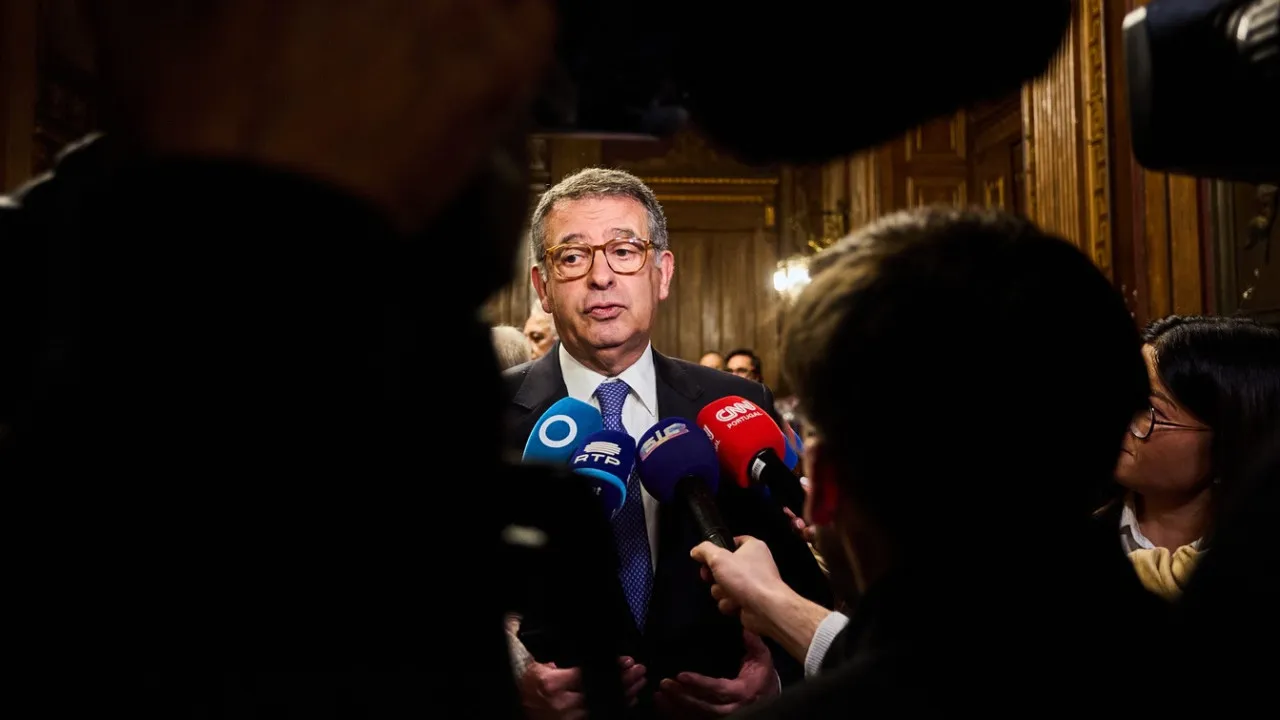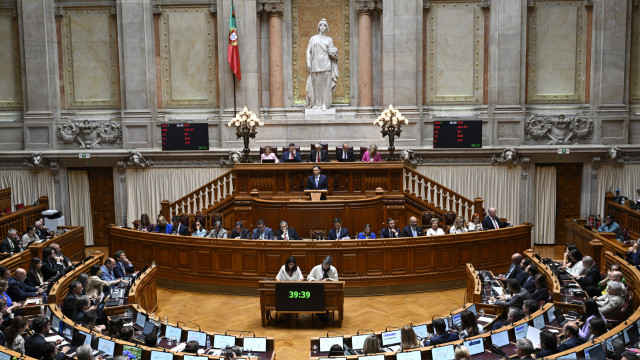
A trade agreement introduces predictability but comes with a price, which seems too high with consequences yet to be fully assessed. Now, the government must act within the European Union to ensure a competitiveness policy that protects both European and national industries, stated António José Seguro regarding the trade deal between the European Union (EU) and the United States reached on Sunday.
The presidential candidate noted, “The absence of a hurricane does not mean there isn’t a storm.”
“We must safeguard against the consequences of this storm, particularly for Portuguese sectors that will be severely affected by the tariff increases. We need to ask the European Union what support will be provided to these industries to maintain and enhance their competitiveness,” he urged.
Seguro emphasized the need to “focus on the details rather than the staging,” pointing out that the agreement was made “during the U.S. President’s holiday.”
“If we consider these two moments, the recent NATO summit with a 5% increase in defense spending and this agreement, it seems that Trump sets his terms, starting with high demands to reach his desired outcome, with Europe continuously conceding,” he lamented.
The presidential candidate asserted that “Europe cannot keep conceding.”
Stressing the importance of understanding this agreement in detail, Seguro stated, “The first is a negative consequence; the competitiveness of European businesses, including Portuguese ones, will decrease as their products will arrive more expensive in America.”
“The cost of making this agreement is one whose impact is not yet fully visible or assessed. We need to pay attention to the details of this agreement,” he insisted, highlighting that a positive aspect is that it introduces some predictability for companies trading with the U.S.
Among examples, the presidential candidate mentioned the EU’s commitment to purchasing armaments from the United States.
“What is this armament to be purchased? What scope exists for investing in autonomous strategic capabilities within Europe, specifically with technologies in the defense sector? We cannot exchange U.S. weapons for European or Portuguese jobs,” he said.
The trade agreement between the European Union and the United States, reached on Sunday, sets U.S. tariffs on European products at 15%.
The agreement also includes the EU’s commitment to purchase American energy worth 750 billion dollars (approximately 642 billion euros), particularly to replace Russian gas, an additional investment of 600 billion dollars (514 billion euros), and increased procurement of military materials.
The U.S. and EU countries exchange about 4.4 billion euros daily in goods and services.




